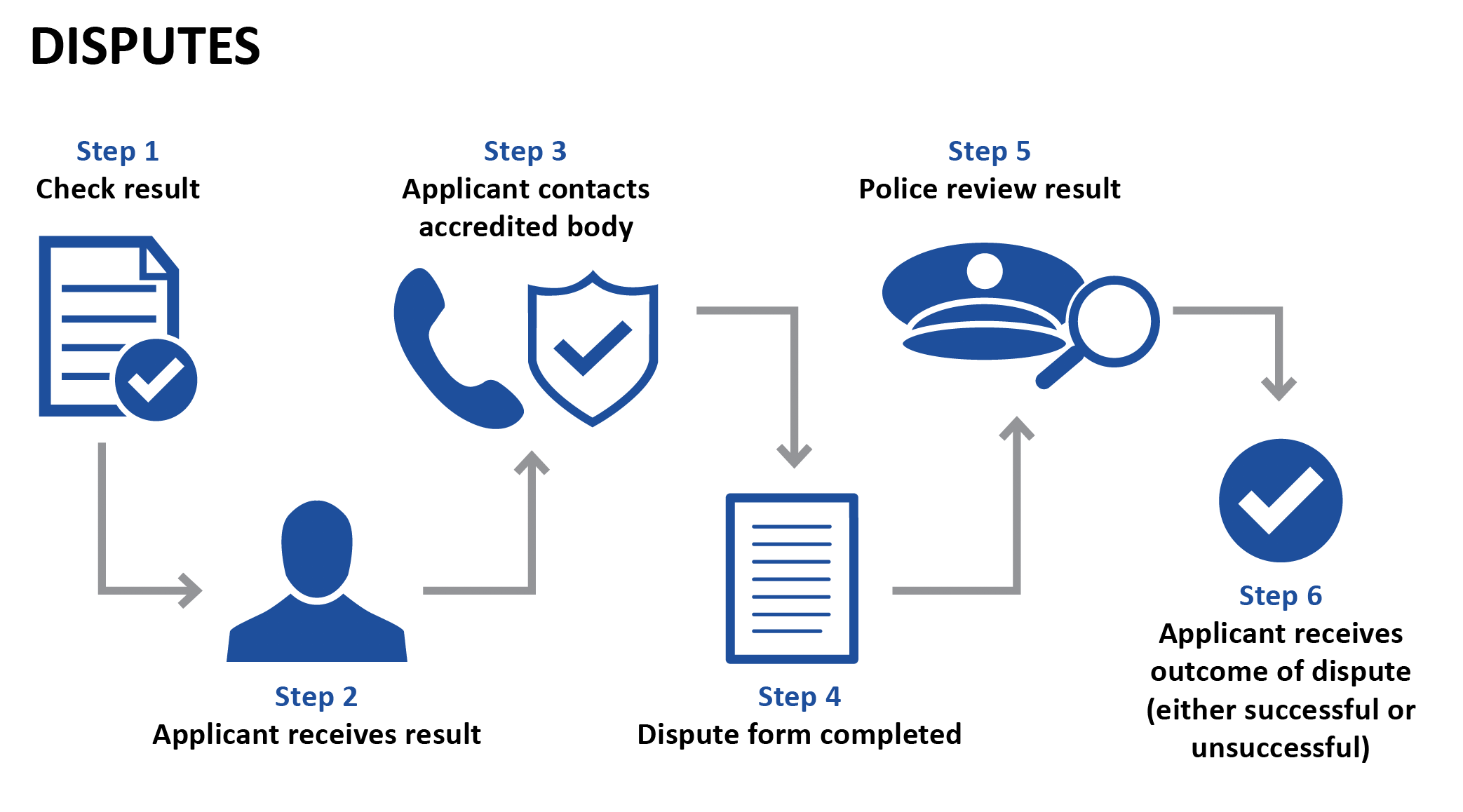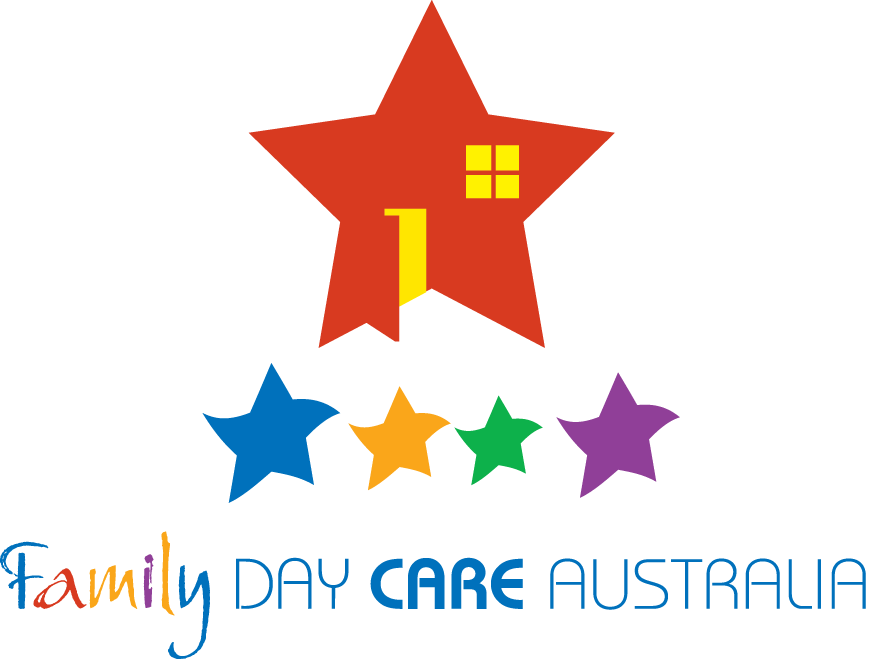Frequently Asked Questions
A NCCHC is a record of all police information held for an individual. Where there is police information recorded against your name, police agencies will determine if it can be released after reviewing relevant Spent Convictions legislation and Information Release Policies. If it can be released, it will be recorded on your Check Result certificate.
A NCCHC can be required when applying for employment, Australian citizenship, appointment to positions of trust and a range of licensing and registration schemes. NCCHCs can help an organisation make an informed decision about the suitability of an applicant.
Complete the online application form by entering your personal details, making payment, uploading the required proof of identity documents and taking a self-photo (selfie).
FDCA NCCHCs are $49.00* (GST included)
*New FDC educators who are not yet FDCA members will receive a $15 discount on their first membership and insurance package purchased with FDCA.
Eligible FDCA members can obtain FDCA NCCHCs for $41.50 (GST included)
A minimum of three (3) proof of identity documents will be required as part of your application process. Please ensure you hold the minimum identity documents below.
One Commencement of Identity Document:
- Australian Birth Certificate (Extract or birth card not accepted)
- Australian Citizenship Certificate
- Australian visa (must be supported with International Passport)
- ImmiCard
- Current Australian Passport
One Primary Use in Community Documents (must not be expired)
- Australian Passport (cannot be selected if already provided as Commencement document)
- Australian driver licence, learner permit or provisional licence
- ImmiCard
- International Passport (must be supported with valid visa or valid entry stamp or equivalent)
- Proof of age or photo identity card issued by an Australian State or Territory Government which shows the name, date of birth, photo and signature
- Student identity document for persons aged under 18 years with no other Primary Use in Community Documents
One Secondary Use in the Community Documents (must not be expired)
- Medicare card
- Photo identity card issued by Commonwealth or Australian State or Territory Government (includes name and photo and may have validity period)
- Bank card, credit card
- Australian secondary or tertiary student photo identity document
- Tax File Number document (issued by ATO)
- Foreign Government identity documents (e.g. driver licence) Documents in languages other than English must be accompanied by a NAATI accredited translation
- Certified academic transcript
- Trusted referees report
- Electoral enrolment (issued by AEC)
- Credit reference check
- Security Guard/Crowd Control photo licence
- Police Force Officer photo identity card
- Evidence of right to a government benefit (eg Centrelink or DVA)
- Defence Force photo identity card
- Aviation security identification card
- Maritime security identification card
- Firearms licence
- Consular photo identity card
- United Nations Convention Travel Document (issued by DFAT)
- Certificate of Identity (issued by DFAT)
- Document of Identity (issued by DFAT)
Change of Name Documents
Where the names that appear on any of the identity documents differ, the following documentation must be provided to demonstrate a link between the differing names on the identity documents:
- Australian Change of Name Certificate OR
- Australian Marriage Certificate (church or celebrant-issued not acceptable)
The applicant’s personal details are checked against the National Police Checking Service Support System (NSS) using an automated name matching algorithm.
If personal details do not match information recorded in NSS
If the personal details do not match any information recorded in the system, the check result will be issued with ‘No Disclosable Court Outcomes’ result listed on your Check Results certificate.
If personal details closely match information recorded in NSS
If the personal details closely match the police information recorded in the system, the application will be marked as a potential match and is referred for further processing.
If an application is marked as a potential match, it will be referred to the relevant police agency, or agencies, for further assessment.
If the police confirm the applicant’s details do not match the police information, the application will be with a ‘No Disclosable Court Outcomes’.
If the police determine personal details match information recorded in NSS
When an applicant’s details match the police information found in the database, the police will determine what information can be released in accordance with the coinciding state and/or territory spent convictions legislation. Police also use the ‘purpose’ of the check and the Accredited Body to further support what information can be released. This assessment process is referred to as ‘vetting’.
The Service facilitates a two staged vetting process; vetting and final vetting. This is because an applicant may have police information and conviction history in multiple states or territories.
The location where the applicant’s police information and/or conviction history occurred, will determine which state/territory police agency will be involved in the vetting process.
Where an applicant has matches with police information contained in more than one state or territory, the check will require final vetting. The final vetting agency is responsible for the final release of information on your check. The final vetting police agency is determined by the state or territory that was supplied in the applicant’s purpose.
A check result may list the following police information:
- charges
- court convictions, including penalties and sentences
- findings of guilt with no conviction
- court appearances
- good behaviour bonds or other court orders
- matters awaiting court hearing
- warrants and/or warnings
- traffic offences
You may dispute your result if:
- Some or all police information does not belong to you
- The information is incorrect or should not have been released
- Relevant information was omitted
If you receive a Check Result and wish to dispute this, we will review your Check Result and ask you to provide the following:
- Advise FDCA of any incorrect information in the result; and
- Provide FDCA with all information and supporting evidence required
FDCA will lodge a dispute with the relevant police agencies. Dispute outcomes may be:
- Successful – result corrected
- More Information Required
- Unsuccessful – result upheld
Please also refer to the below diagram from the ACIC

The majority of applications are processed within the same day, though up to 30% can take up to 15 business days.
Your Check Result will be sent via email.
We accept Visa and Mastercard. No additional transaction fees are charged.
Results are securely retained for 14 months before being permanently deleted.
